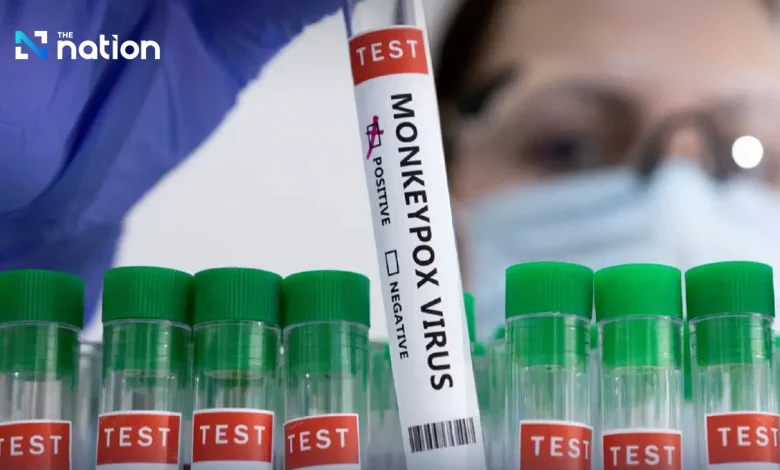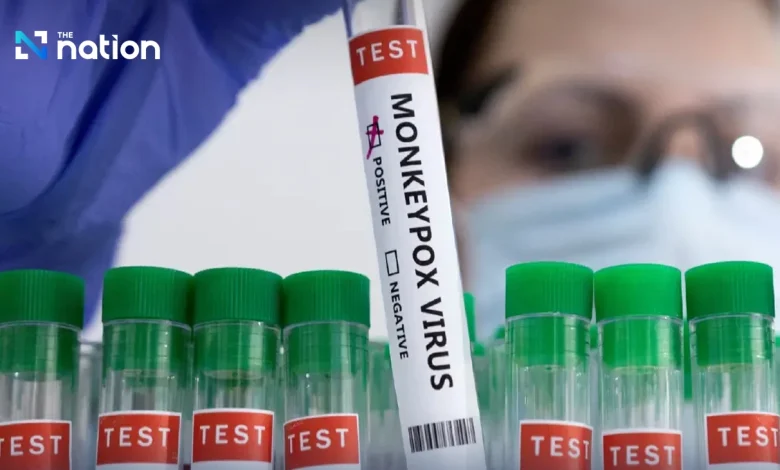
Over 37,000 Infected Across 25 Countries Since Early 2024

The World Health Organization (WHO) has reaffirmed that the mpox virus epidemic continues to pose an international public health emergency, with over 37,000 confirmed cases and 125 deaths reported globally since early 2024.
WHO Director-General Tedros Adhanom Ghebreyesus made the announcement following a recent meeting of the International Health Regulations Emergency Committee, which reviewed the latest data and global response.
“The epidemic remains an international emergency based on the continuing rise in the number of cases, including a recent increase in West Africa,” the committee concluded.
Epicenter: Democratic Republic of Congo
The outbreak originated in the Democratic Republic of Congo (DRC) and has spread to 25 countries, with DRC alone accounting for:
- 60% of all confirmed cases
- 40% of all recorded deaths
The virus, which causes rash outbreaks and severe flu-like symptoms, continues to devastate local health systems.
Regional Hotspots and Spread Beyond Africa
After DRC, the hardest-hit countries include:
- Uganda
- Burundi
- Sierra Leone — where a recent surge has drawn international concern.
The WHO also reported likely undetected transmission in regions outside Africa, highlighting the need for greater surveillance and global cooperation.
Challenges: Underreporting and Funding Gaps
Despite some national progress, many countries face significant challenges:
- Limited diagnostic capabilities
- Underreporting of cases
- Insufficient funding for treatment and containment
The WHO called for sustained international support to address these gaps, warning that without urgent action, the virus could continue to spread silently across borders.
The reclassification of mpox as a continuing international health emergency underscores the global risk posed by infectious disease outbreaks. Public health experts stress the need for enhanced disease monitoring, better funding, and global cooperation to contain the mpox virus before it escalates further.